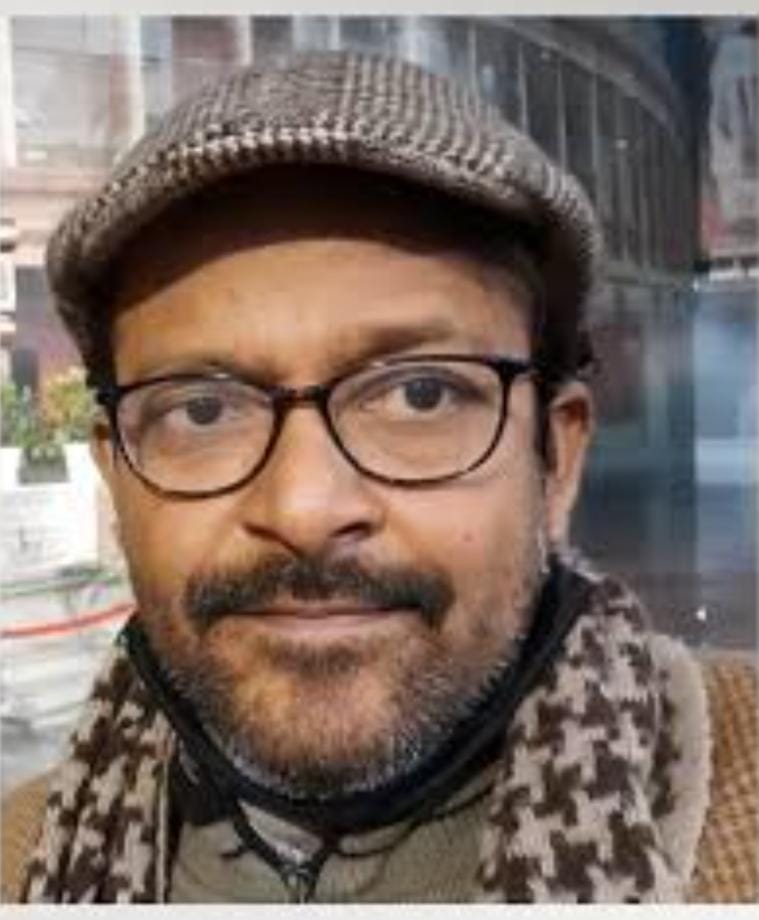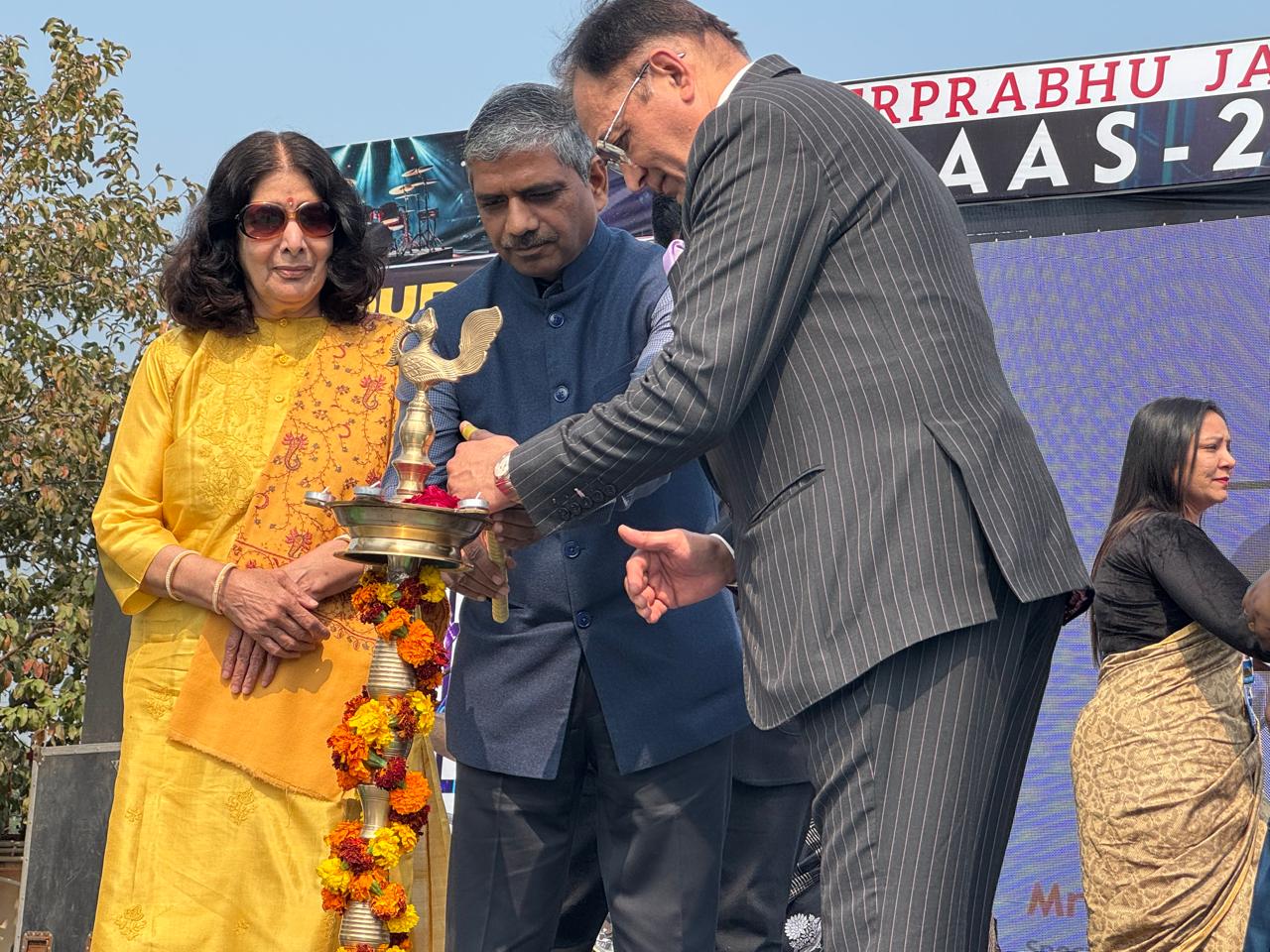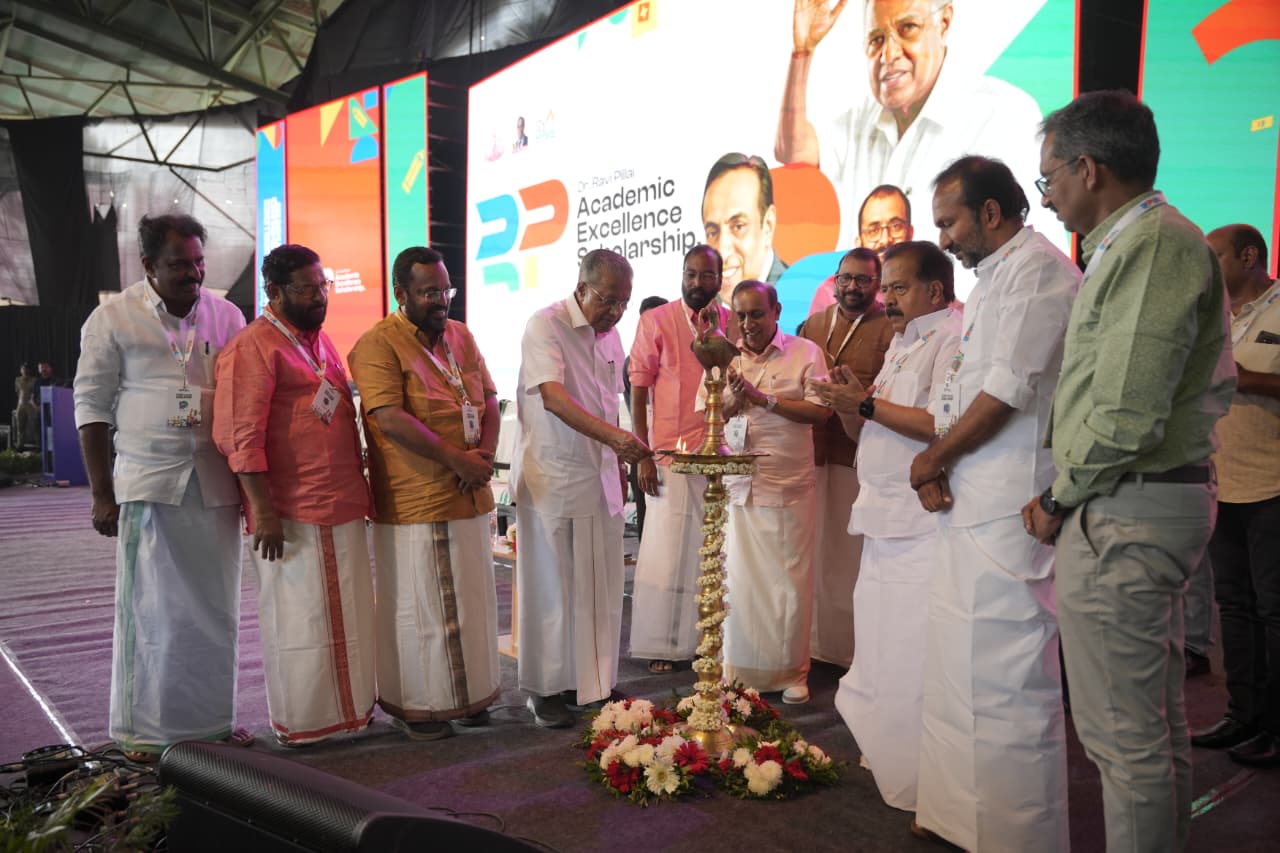Former Deputy Prime Minister of India Shri Babu Jagjivan Ram (1908 – 1986), fondly known as Babuji was a towering figure in Indian politics and a true architect of social change. He was also known as the “Messiah of socio-revolutionary changes”. His life was an incredible journey of a man who served the country and socially uplifted the underprivileged sections of the populace, as we remember his 37th death anniversary.
The legacy left by Shri Babu Jagjivan Ram acts as motivation for future generations by serving as a reminder of the strength of perseverance and the positive influence one person can have on society. Shri Babu Jagjivan Ram was born on April 5, 1908, in Chandwa, Bihar, came from a modest background and carried the hardships and aspirations of the common people with him from an early age.
He encountered the terrible reality of caste prejudice and poverty, and this experience impacted his perspective and sparked a passionate dedication to social justice in him. His initial phase began in the turbulent years of the freedom struggle for independence from the then-British Raj. Babu Jagjivan Ram’s career as a public official was filled with turmoil.
He joined the Indian National Congress, embracing Mahatma Gandhi’s principles and contributing significantly to the struggle for freedom. On December 10, 1940, Babuji threatened to be arrested because of Gandhiji. He became very involved in the Civil Disobedience Movement and Satyagraha after being freed. Due to his strong involvement in the Indian National Congress’s Quit India Movement, Babuji was detained once more on August 19, 1942.
His determination and tenacity were evident in his commitment to the national cause as he bravely withstood the fury of the colonial rulers and multiple detentions. However, Shri Babu Jagjivan Ram’s influence goes beyond just his involvement in the freedom struggle for independent India.
His unwavering dedication to fighting for the rights of the oppressed and marginalised is what has had the greatest impact on Indian society as a whole. He steadfastly fought for the rights of the oppressed throughout the course of his over four-decade political career and contributed to the breakdown of the inequalities that afflicted Indian society. Numerous significant accomplishments and game-changing legislation characterise Shri Babu Jagjivan Ram’s time as a legislator.
During the conflict with Pakistan, he served as Defence Minister and encouraged soldiers during the Indo-Pak war of 1971. Babuji implemented changes to the public distribution system, public procurement, and preservation of buffer stocks while serving as the minister of agriculture. He significantly influenced the growth of agriculture. He is credited for creating the Green Revolution, which allowed India to become self-sufficient in food production.
He implemented numerous measures as the Deputy Prime Minister during the National Emergency to improve society. He truly possessed the “can do” attitude and the intellectual calibre necessary to become then India’s Prime Minister, but that was not the case. If he had become India’s Prime Minister then our country would have taken a better towards all-inclusive development and nation-building.
Nevertheless, he remained a member of the Congress throughout the 1975–1977 state of emergency, but in 1977 he defected and joined the Jaiprakash Narayan–led Janata Party coalition. In 1980, the Janata Party experienced a significant schism that necessitated an early parliamentary election. In that election, Jagjivan Ram ran as the Janata Party’s candidate for prime minister, but the party only managed to gain 31 Lok Sabha seats.
He joined the Congress (Urs) faction after becoming disenchanted with the Janata party’s deteriorating political and social ideals, and in 1981, he established his own party i.e., the Congress-J. In due course, Babuji established the All India Depressed Classes League and the Khetihar Mazdoor Sabha, both of which fought for farmer rights. He urged social reform and political representation for the Depressed Classes through these organisations in order to involve them in the nationalist cause.
During these years, he assumed a more active political role on behalf of Dalits, securing their voting rights. Throughout his life, he handled every area with efficiency and integrity. He instituted cash payments and abolished barter payments while serving as the Labour Minister. He nationalised airlines when serving as minister of civil aviation, and while serving as minister of railways, he enhanced the rail infrastructure and put in place procedures and systems that improved the department’s efficiency.
Furthermore, Shri Babu Jagjivan Ram was a tireless advocate for affirmative action and social justice wherein files never piled up on his table. He was a proficient decision-maker and firmly believed that true progress could only be achieved by addressing the historical injustices inflicted upon marginalized communities. His efforts paved the way for policies and programs aimed at empowering the Other Backward Classes, Scheduled Castes and Scheduled Tribes, ensuring their inclusion and equal opportunities in all spheres of life.
Apart from this, he also understood the importance of women’s empowerment in nation-building. He championed the cause of gender equality, advocating for equal rights, opportunities, and representation for women. His progressive stance on women’s issues paved the way for transformative changes in Indian society and inspired generations of women to dream big and break barriers. This was in line with the ideology of Babasaheb Dr. B.R. Ambedkar.
Thus, in honouring Shri Babu Jagjivan Ram, we also acknowledge the indomitable spirit with which he confronted adversity throughout his life. He faced numerous challenges, but his resilience and determination never wavered. His unwavering belief in the ideals of justice, equality, and social harmony propelled him forward, even in the face of daunting obstacles. His life and legacy serve as a beacon of hope and inspiration for all those who strive for a just and inclusive society, one that embraces the principles of equality and upliftment of the marginalized.
His unwavering dedication to the cause of social justice resonates even today, reminding us of the unfinished work that lies ahead. It is essential to recognize that Shri Babu Jagjivan Ram’s contributions were not limited to his political career alone. He was also a prolific writer, poet, and thinker who used his pen to shed light on social issues and advocate for positive change. His writings reflected his deep understanding of the complexities of Indian society and his unwavering commitment to creating a more equitable and inclusive nation.
He had a great understanding with Babasaheb Dr. B.R. Ambedkar wherein Babuji would remain within the government and work for the people while Babasaheb rebelled against the government on various social issues. Even today, Shri Babu Jagjivan Ram’s enduring impact can be witnessed in the lives of countless individuals whose paths he touched. In this context, as we remember Babu Jagjivan Ram on his death anniversary, it is incumbent upon us to reflect on his teachings and emulate his spirit of service and compassion.
In honouring Shri Babu Jagjivan Ram, we also acknowledge the invaluable contributions of his family, who have carried forward his legacy with grace and determination. In a similar context, his daughter, Smt. Meira Kumar, herself a stalwart in Indian politics, has played a vital role in upholding her father’s ideals and fighting for the rights of the marginalised at the turn of the 21st century.
National Poet Maithili Sharan Gupt also composed a few lines to laud Shri Babu Jagjivan Ram’s contribution to our Indian society, “Tull na Sake Dharti Dhan, Dham; Dhaya Tumhara Pavan Nam; Lekar Tum Sa Lakshya Lalam; Safal Kam Jagjivan Ram”. (You cannot be compared with earthly wealth; Mercy is in your beautiful name; Taking a goal like you; Success shall be on your side Jagjivan Ram). So, the aforesaid poem is a constant reminder of the values and principles we should uphold in our daily lives.
It calls upon us to challenge inequality, socially uplifts the marginalized, and work towards creating a society that truly reflects the democratic and inclusive ideals enshrined in our Constitution.
In his honour, a memorial was erected at the place of his cremation, now known as Samata Sthal, meaning “Place of Equality” near Rajghat, New Delhi. Each and every year President of Babu Jajgjivan Ram National Foundation (BJNRF), Dr. Virendra Kumar pays obeisance by laying down garlands on the memorial. The Union Minister of Social Justice & Empowerment holds the ex-officio post of President of BJNRF.
This year a programme is organised under the guidance and leadership of Shri Vikas Trivedi, Director, BJNRF to commemorate the 37th Death Anniversary of Shri Babu Jagjivan Ram. In a similar line, on this solemn occasion, trailing such commendable efforts, let us recommit ourselves to the cause that Babu Jagjivan Ram held dear.
Let us strive for a society where every individual, regardless of their caste, creed, or gender, can realise their full potential for a better and brighter Bharat. In the end, by embracing his vision and values, we can honour his memory and contribute to the building of a just and inclusive India.
(Mr. Sudhir Hilsayan is an Editor at Dr. Ambedkar Foundation, Ministry of Social Justice & Empowerment Government of India. He can be reached at sudhir.hilsayan@gmail.com or +919810185950 / +917015445504.)












